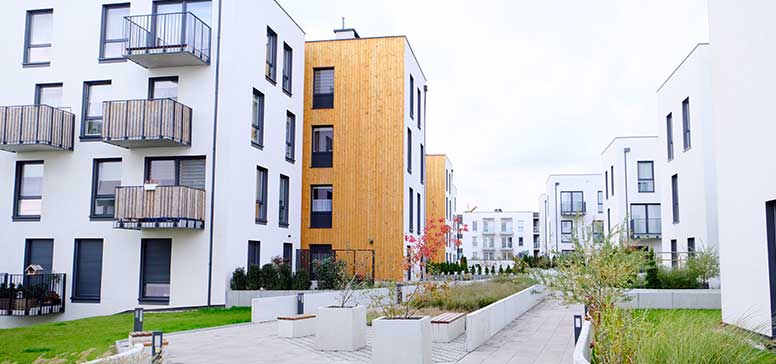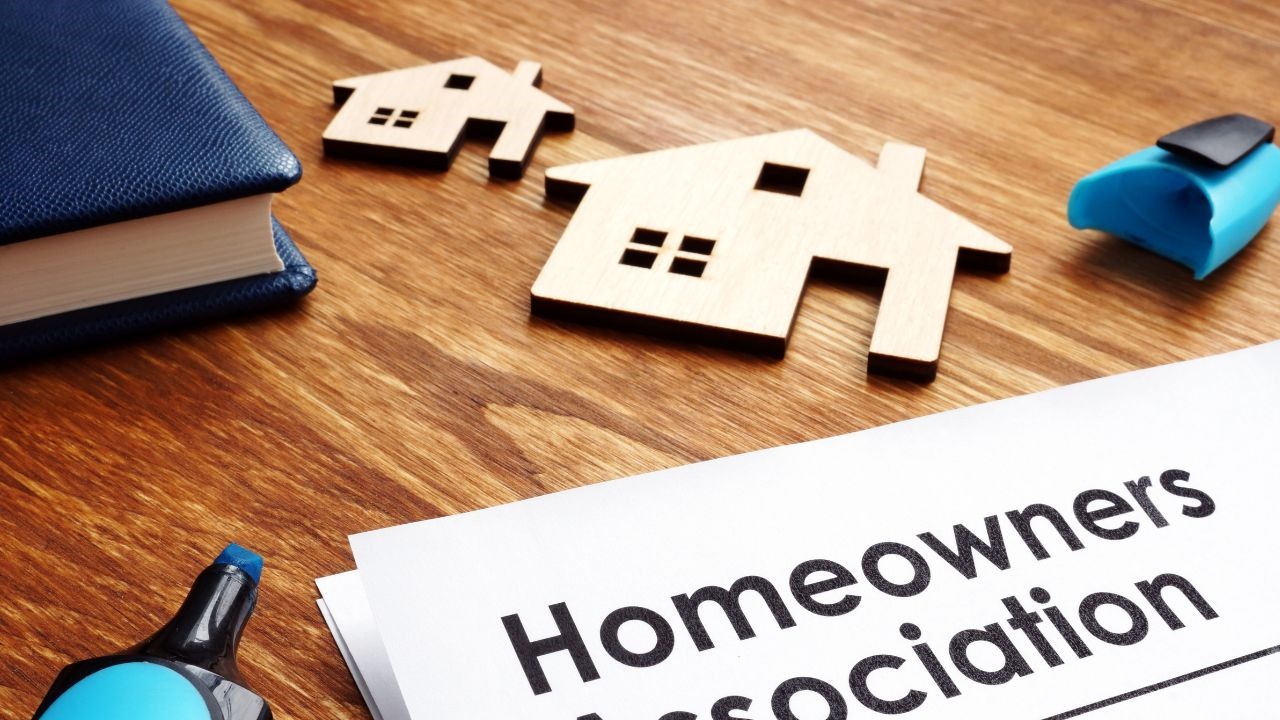Explore the Future of HOA Condo Dope
The Duty of an HOA in Developing and Enforcing Neighborhood Guidelines for Residents
The duty of a Homeowners Association (HOA) in developing and implementing area guidelines is basic to maintaining a orderly and cohesive domestic atmosphere. By developing clear rules that regulate elements such as home upkeep and community conduct, the HOA not just sets requirements for homeowners yet likewise fosters a sense of belonging and responsibility.
Understanding Property Owners Organizations
Homeowners organizations (HOAs) act as governing bodies for household communities, playing an important role in preserving residential or commercial property worths and cultivating a sense of area. Usually developed by designers, HOAs are composed of home owners within a designated location that choose a board to look after the association's activities. The main features of an HOA consist of enforcing area guidelines, taking care of usual locations, and arranging neighborhood occasions.
HOAs run under a set of governing documents, consisting of problems, constraints, and commitments (CC&R s), which lay out the rights and duties of house owners. These policies intend to guarantee that residential properties are maintained to a particular criterion, thus shielding the aesthetic charm and total worth of the community. Furthermore, HOAs typically gather charges from homeowners to money maintenance, landscape design, and other community solutions.
The visibility of an HOA can considerably affect the living experience within a community (hoa condo). While some locals appreciate the structured atmosphere and services given, others might discover certain policies limiting. Balancing the rate of interests of all house owners is important for an HOA to work efficiently, making certain that it serves its desired purpose of improving neighborhood living while valuing specific property owner rights
Developing Area Standards

To start, an HOA needs to perform surveys or convene that enable citizens to articulate their worries and tips. This participatory process fosters a feeling of possession and boosts compliance. Next off, the HOA board should analyze the comments to recognize usual motifs and top priorities that require formal inclusion in the guidelines.
It is additionally necessary to guarantee that the standards are clear, succinct, and quickly comprehended. Obscurities can bring about misunderstandings and conflicts, undermining the purpose of the guidelines. The standards must be comprehensive, covering various aspects of community living, consisting of property upkeep, sound levels, and usage of common areas.
Enforcement of Policies
Effective enforcement of community regulations is important for preserving order and guaranteeing that all residents abide by the established guidelines. An HOA must apply a structured technique to enforce these laws, which usually includes a combination of monitoring, interaction, and penalties for non-compliance.
First, routine assessments and area patrols can help determine offenses, making certain that policies are constantly used throughout the neighborhood. This proactive surveillance enables the HOA to deal with issues prior to they rise, promoting a sense of accountability among locals.
Second, clear interaction is crucial. Citizens must be informed of the guidelines and the treatments for reporting violations. An open line of communication encourages residents to voice problems and look for explanation on guidelines, which can boost compliance.

Last you can try these out but not least, when violations happen, the HOA must enforce consequences as outlined in the regulating records. This might consist of advising letters, penalties, or, in severe cases, lawful activity. It is crucial that charges are applied fairly and constantly to keep trust fund within the community. By successfully enforcing guidelines, an HOA can grow an unified living environment that mirrors the collective values of its citizens.
Benefits of HOA Laws
Various benefits develop from the execution of HOA regulations, which serve to enhance the high quality of life within a community. One key benefit is the upkeep of building worths. By enforcing standards for aesthetics and upkeep, HOAs make sure that homes and usual locations continue to be appealing, cultivating a desirable living atmosphere that can lead to boosted residential or commercial property worths over time.
Additionally, HOA guidelines promote consistency and uniformity within the neighborhood. This comprehensibility in style and maintenance assists to create a feeling of belonging amongst locals, contributing to area satisfaction and a favorable ambience. Developed standards assist in dispute resolution amongst next-door neighbors by offering clear assumptions and methods for actions, therefore lessening conflicts.
An additional substantial benefit is the provision of common services and services. Many HOAs manage area centers such as parks, clubs, and swimming pools, which boost entertainment possibilities for locals. These features click to find out more not just enhance the lifestyle yet additionally motivate social interaction.
Ultimately, the regulations set forth by an HOA cultivate a well-organized, unified community, making certain that residents appreciate a high standard of living while cultivating a helpful environment for all house owners.
Typical Difficulties Encountered by HOAs
Amidst the benefits that homeowners organizations (HOAs) can provide, they also experience a variety of obstacles that can impede their effectiveness. One considerable concern is the absence of resident engagement. Numerous property owners might not take part in conferences or community activities, bring about a disconnect between the HOA board and locals. This disengagement can cause misunderstandings concerning neighborhood standards and an absence of support for enforcement initiatives.
One more challenge is the enforcement of laws and guidelines. Disputes can occur when homeowners really feel that enforcement is inconsistent or prejudiced, potentially resulting in conflicts within the neighborhood. Furthermore, HOAs often deal with economic constraints, which can limit their capability to maintain typical areas or fund neighborhood jobs. This can create dissatisfaction among locals who anticipate high requirements of maintenance.
Additionally, navigating lawful intricacies can be daunting for HOAs. They must guarantee conformity with state laws while handling their very own governing files, which can be a resource of complication. Advancing and altering demographics area needs require HOAs to adjust their guidelines, frequently fulfilling resistance from long-standing citizens who are accustomed to traditional norms. Addressing navigate to this site these obstacles is critical for promoting a thriving and harmonious area.
Final Thought

By creating clear guidelines that govern facets such as home maintenance and area conduct, the HOA not just establishes criteria for homeowners however also fosters a sense of belonging and liability.Homeowners organizations (HOAs) serve as regulating bodies for household neighborhoods, playing a critical duty in keeping home worths and fostering a sense of community. Numerous home owners might not get involved in conferences or neighborhood tasks, leading to a separate between the HOA board and locals. Progressing and altering demographics community needs call for HOAs to adjust their standards, commonly meeting resistance from long-standing residents who are accustomed to conventional standards. Through the advancement of clear regulations and consistent enforcement, HOAs advertise property maintenance, area pride, and trust amongst homeowners.